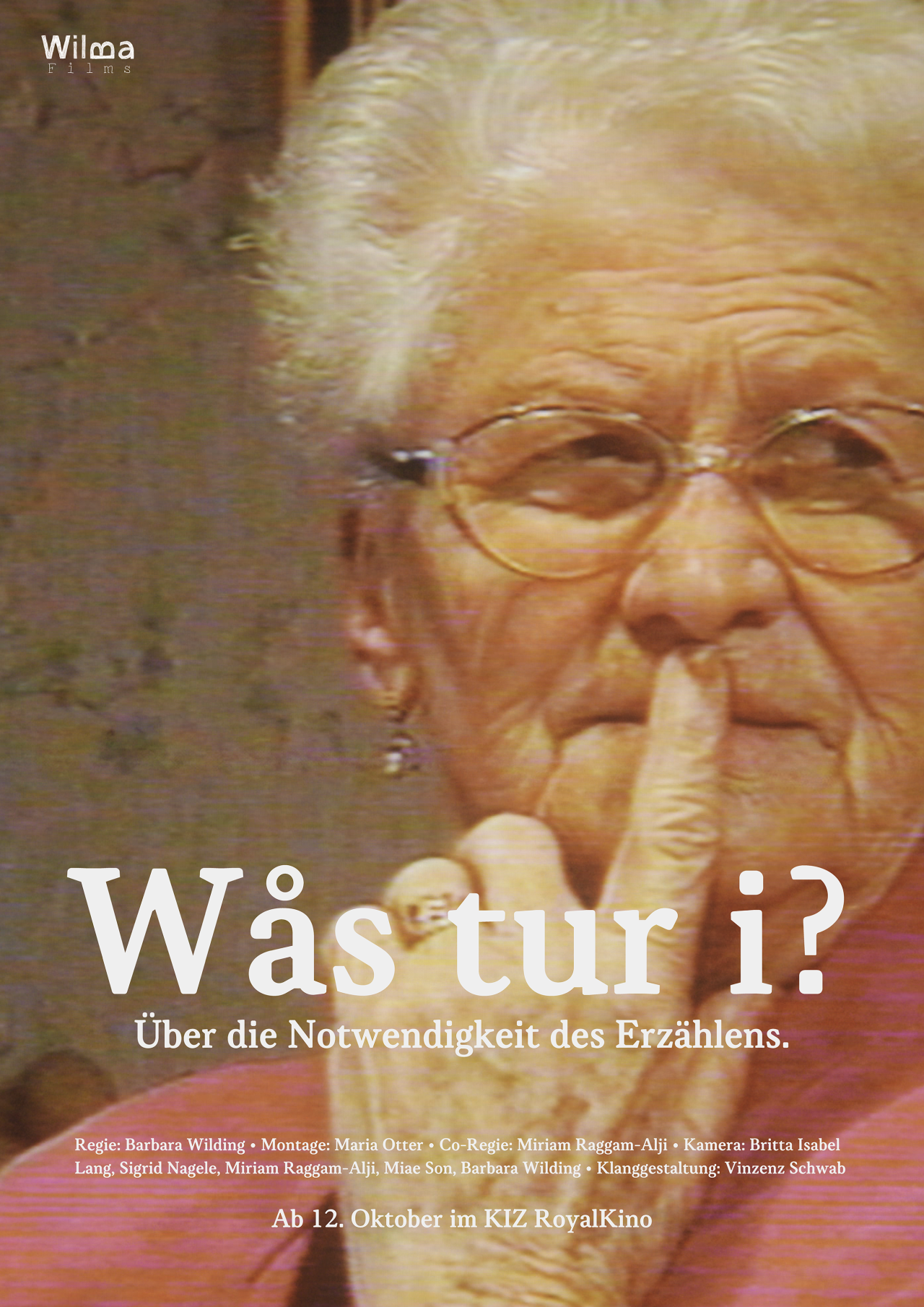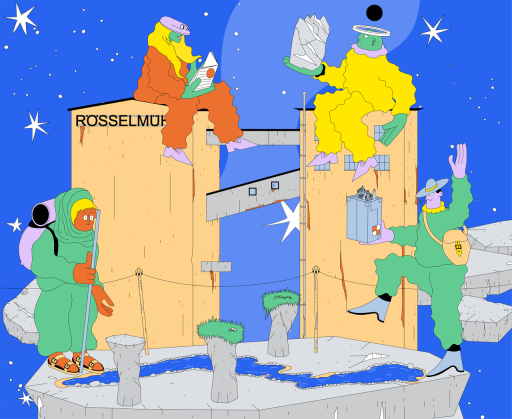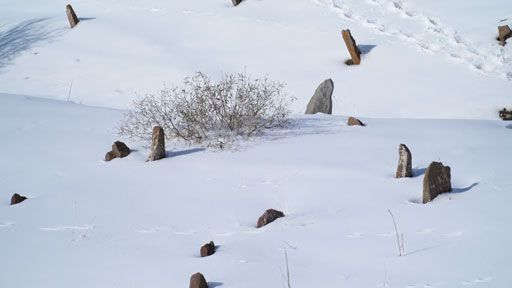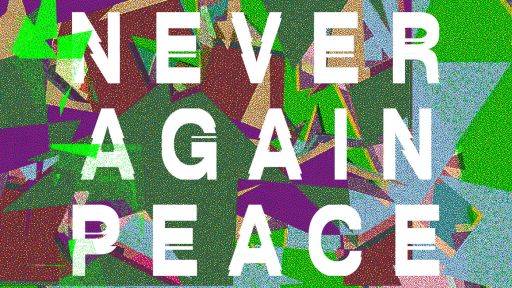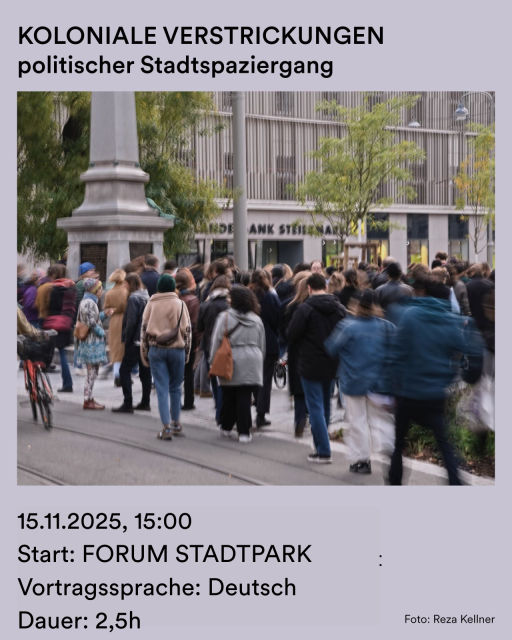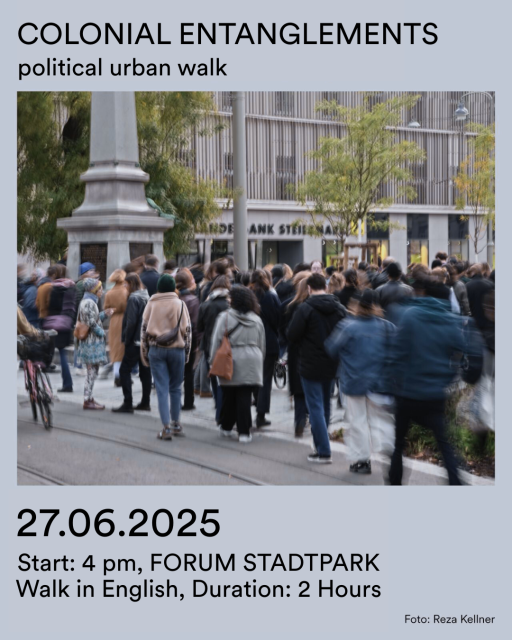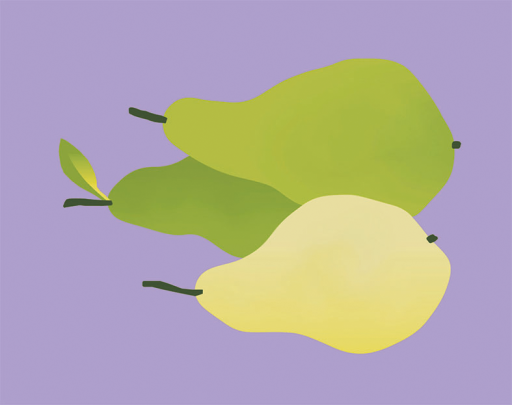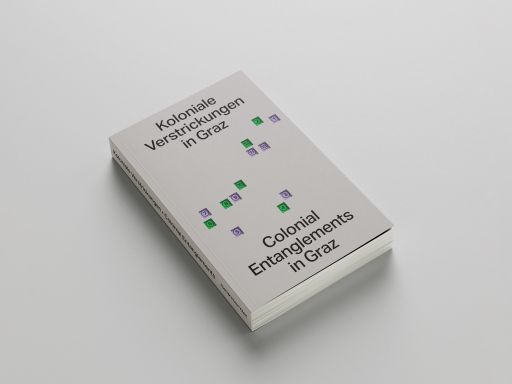Die Arbeit mit der Erzählung
Guest productionThe contemporary witness has had several functions in the last fifty years, some of them simultaneously: he has been a witness in the legal sense, a document, a staging, an actor, a counter-narrative, a research object, a universalistic and interchangeable deco of historical narratives and metaphor. One almost forgets a very fundamental fact: he is above all also an individual.
-from Jörg Skriebeleit: The Disappearance of Contemporary Witnesses. Metaphor of a transition.
Narratives from the 2nd World War have a great political significance in Austria. The demand for eyewitnesses grew steadily from the trial of Adolf Eichmann until the new millennium. Meanwhile there is a mass of records, documentaries, literature and projects. All of them are shaped by the time of their creation and by who worked on them and with what intention.
Telling about atrocities of war means dealing with personal history and traumatic experiences, with the essence of the time of war. This means the narrative must be embedded in a framework that reworks the context of the story. In school, for example, students are prepared, depending on the background of the witness. In the scientific field and in cinematic works it is also important how these conversations look like and how further work is done with the material. This also depends on how current political debates are conducted and what the social, political and legal context looks like.
In a discussion with the historian Heimo Halbrainer, the teacher's representative Martina Pfistermüller-Czar, Bettina Ramp and the filmmaker Günter Schilhan we will talk about the experiences in the encounter with contemporary witnesses. Moderated by Barbara Wilding.
Supported by the Future Fund of the Republic of Austria.
The cinema premiere of "Wos tur i? Über die Notwendigkeit des Erzählens" will take place on October 12 at the KIZ Royal cinema in Graz.
More info:
https://linktr.ee/wosturi
Instagram: @wos_turi_film
https://wilba.mur.at/wosturi.htm
